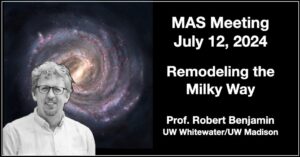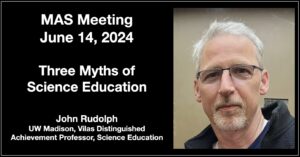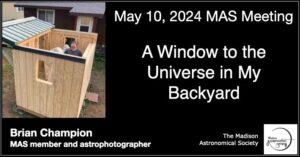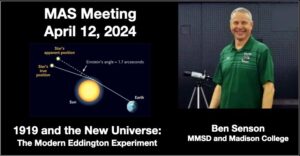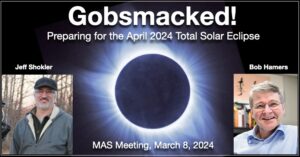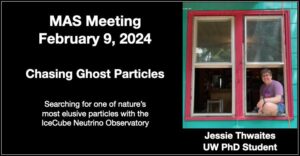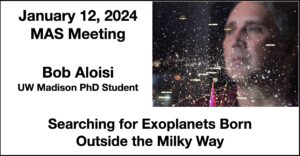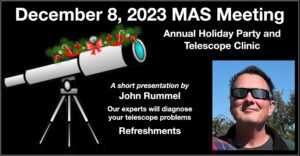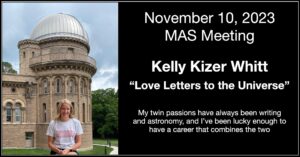Astronomy With the Highest Energy Light in the Universe
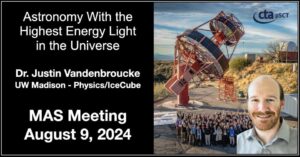
Major breakthroughs have been made in astronomy by expanding observations to far longer and far shorter wavelengths than we can see with our eyes. The shortest-wavelength photons are gamma rays, the highest energy photons in the Universe. Some of these photons are trillions of times more energetic than the human eye can detect. There is a surprising variety of astronomical sources glowing or flashing in these very-high-energy gamma rays. They are powered by some of the most extreme objects in the Universe: exploding stars, white dwarfs, neutron stars, and black holes...
Read More
